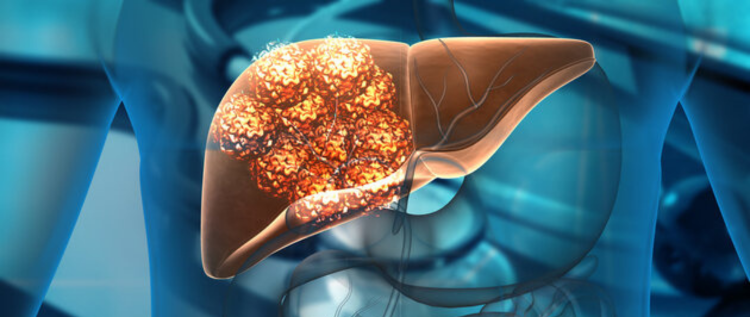
Liver cancer, also known as hepatic cancer, is a serious condition that occurs when abnormal cells in the liver grow uncontrollably. It is a significant health concern globally, often affecting individuals with underlying liver disease or certain risk factors.
Types of Liver Cancer
-
Hepatocellular Carcinoma (HCC): This is the most common type of liver cancer, originating from hepatocytes, the main type of liver cell.
-
Intrahepatic Cholangiocarcinoma: This cancer starts in the bile ducts within the liver.
-
Hepatoblastoma: This rare type of liver cancer occurs mainly in children.
Causes and Risk Factors
Several factors can increase the risk of developing liver cancer, including:
-
Chronic Viral Hepatitis: Infections with hepatitis B or C viruses significantly increase the risk.
-
Liver Cirrhosis: Long-term liver damage and scarring, often caused by alcohol abuse, non-alcoholic fatty liver disease (NAFLD), or chronic viral hepatitis, can lead to liver cancer.
-
Exposure to Aflatoxins: These toxins are produced by molds found on improperly stored grains and nuts, primarily in certain regions of Africa and Asia.
-
Non-alcoholic Fatty Liver Disease (NAFLD): A condition characterized by fat buildup in the liver, which can progress to cirrhosis and increase the risk of liver cancer.
Symptoms of Liver Cancer
Early stages of liver cancer may not cause symptoms, but as the tumor grows, individuals may experience:
-
Abdominal Pain or Discomfort: Especially in the upper right side of the abdomen.
-
Jaundice: Yellowing of the skin and eyes.
-
Unexplained Weight Loss: Losing weight without trying.
-
Swelling in the Abdomen: Due to fluid buildup (ascites).
-
Fatigue: Feeling tired or weak.
Diagnosis and Treatment
Diagnosing liver cancer usually involves a combination of imaging tests (like ultrasound and CT scans), blood tests to check liver function and tumor markers, and sometimes a biopsy. Treatment options depend on the stage of the cancer and may include:
-
Surgery: Surgical removal of the tumor or liver transplantation.
-
Ablation Therapy: Using heat or cold to destroy the cancerous cells.
-
Radiation Therapy: Using high-energy beams to target and kill cancer cells.
-
Chemotherapy: Drugs that kill cancer cells or stop them from growing.
-
Targeted Therapy: Medications that target specific abnormalities present within cancer cells.
Prevention and Outlook
Preventing liver cancer often involves reducing risk factors such as avoiding excessive alcohol consumption, getting vaccinated against hepatitis B, and maintaining a healthy weight. Regular screening for individuals at high risk, such as those with chronic liver disease, can also help detect cancer early when treatment is most effective.
Conclusion
Liver cancer is a complex disease that requires careful management and often involves a multidisciplinary approach. By understanding its causes, symptoms, and treatment options, individuals can take proactive steps towards prevention and early detection. For personalized guidance and treatment strategies, consult with a healthcare professional like Dr. Ashish Kumar Jha, who specializes in liver health and cancer care.
